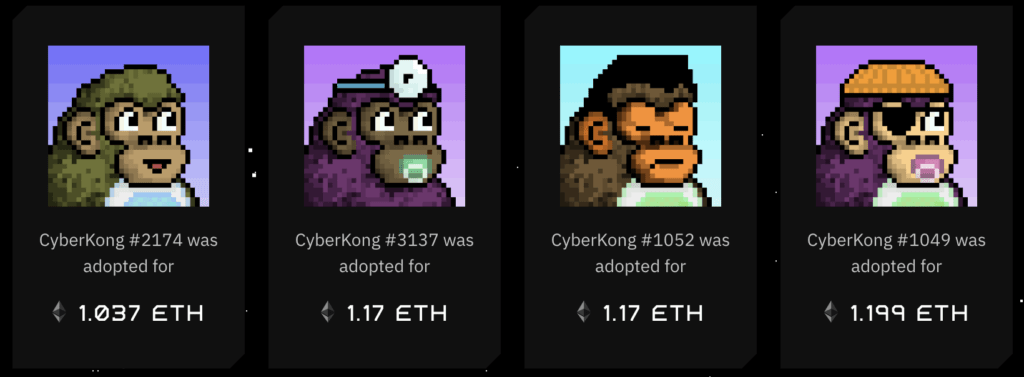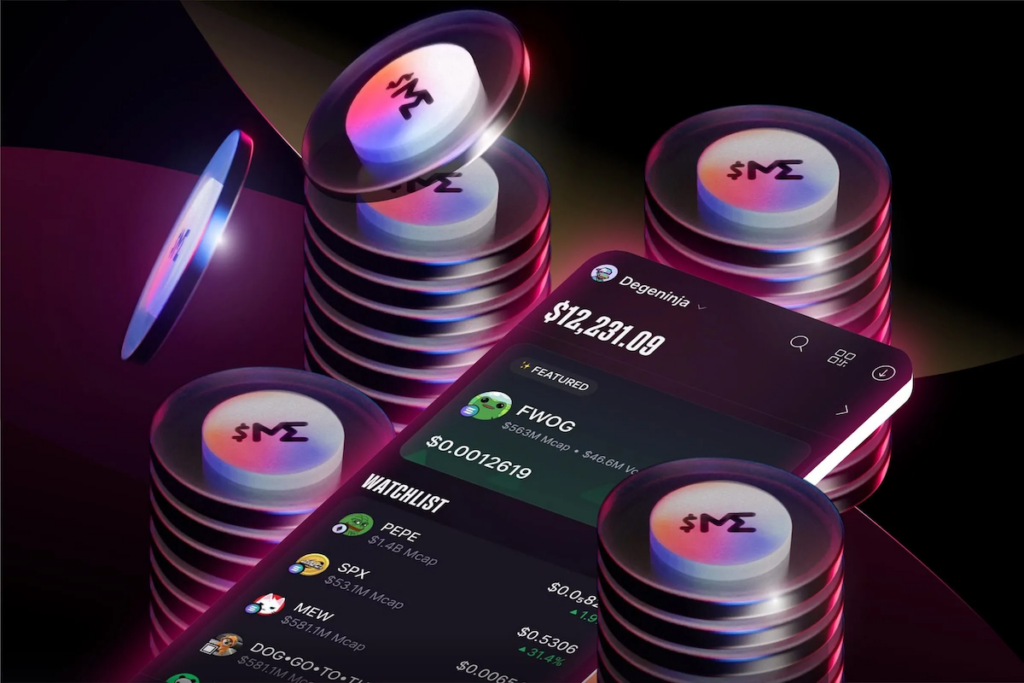The creative minds behind CyberKongz, a renowned Ethereum-based NFT collection, have introduced an enhanced version of the well-known ERC-721 nonfungible token standard, dubbed ERC-721x. This token standard has been designed to bolster security for NFT holders. It empowers users to engage in non-custodial staking and assign a “Guardian” that offers two-factor authentication (2FA) protection for transactions.
In an announcement, CyberKongz shed light on the new feature, saying, “The Guardian Contract allows you to enjoy the convenience of a hot wallet while adding the security of a cold/hardware/multi-sig wallet on top.”

CyberKongz’s Strategy for NFT Security
The Guardian Contract feature extends its protection against scams that specifically target token approvals or exploit seed phrases. It also offers a safety net for assets stored on a hardware wallet. The need for such robust security measures is underlined by numerous hacks over the last few years.
The ERC721x standard, complete with its innovative ‘locking’ and ‘guarding’ features, was originally conceived and introduced by CyberKongz’s lead Solidity Developer, OwlofMoistness, in 2022.
Technical Aspects of the ERC721x Contract
The ‘locking’ layer of the ERC721x utilizes a lock registry system that is compatible with the standard ERC721. This feature requires minimal gas and allows whitelisted addresses to secure assets immovably. This allows assets to participate in parallel staking across multiple systems without losing ownership.
The ‘guarding’ element operates similarly to ‘locking.’ Instead of the original wallet securing the NFT, a second wallet, designated as the ‘Guardian’, is given the authority. The Guardian then locks the assets in the first wallet, providing an additional layer of security. However, for any transfer to occur, the Guardian wallet must approve it, essentially implementing on-chain two-factor authentication (2FA).

The ERC721x contract functions via the ILock interface, which facilitates the locking and unlocking of assets within contracts that employ it. It incorporates four essential mappings: approvedContract, lockCount, lockMap, and lockMapIndex. These mappings streamline the process of tracking, assigning, and deleting locks when required, offering an efficient system for managing locked assets.
Implementing the new standard will be utilized in the CyberKongz Genkai mint, continuing their established tradition of fostering one of the safest communities in Web3. CyberKongz perceives this technology as a progressive stride toward improved security within web3. The team actively encourages other initiatives in the space to adopt the ERC721x standard, noting that well-known collections like 9gag & Keungz have already implemented the standard in their offerings.
Conclusion
Against the backdrop of this security upgrade, NFTs are showing signs of recovery after a long period of downward trajectory. Popular collections have witnessed a considerable decline in floor prices over the past 18 months. CyberKongz’s introduction of ERC-721x represents a stride in enhancing the security and efficiency of NFT transactions. This move could steer the NFT market towards a more secure and resilient future.




